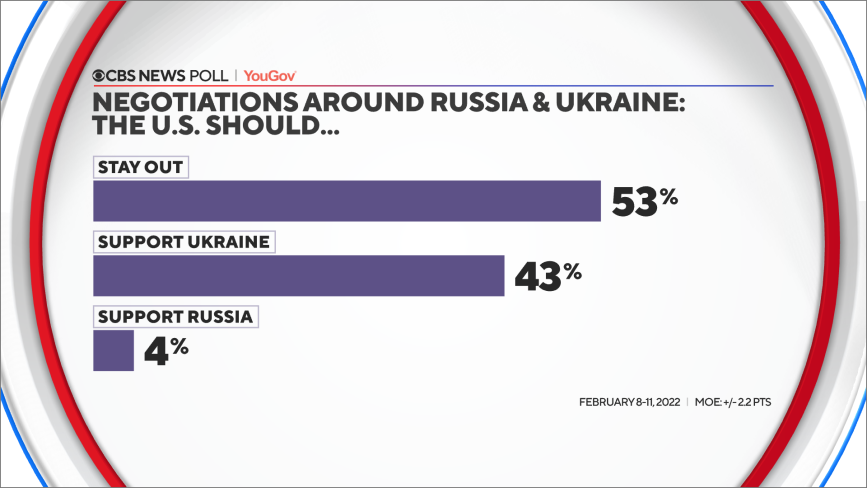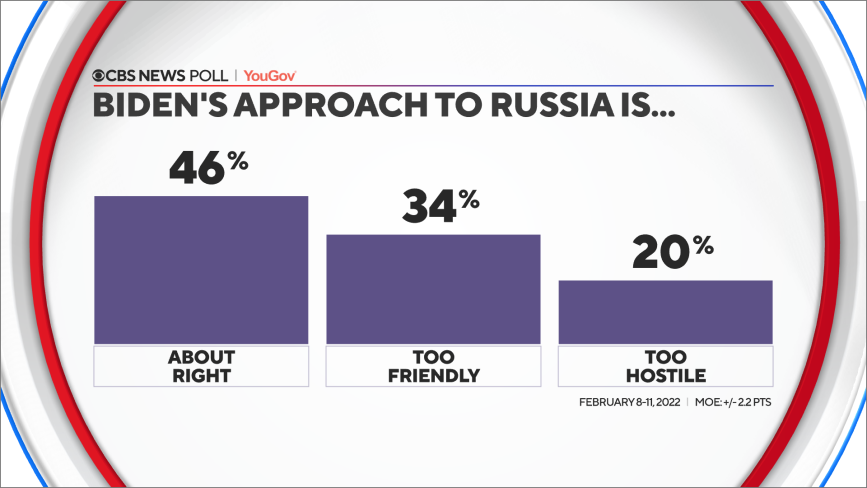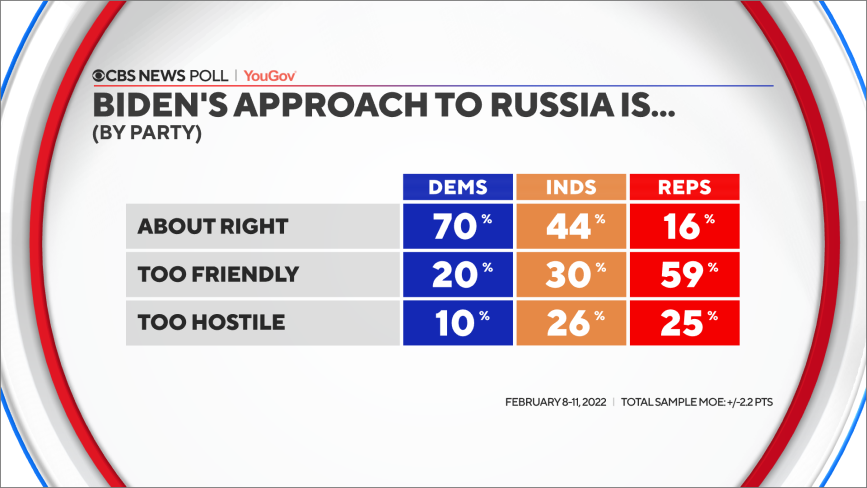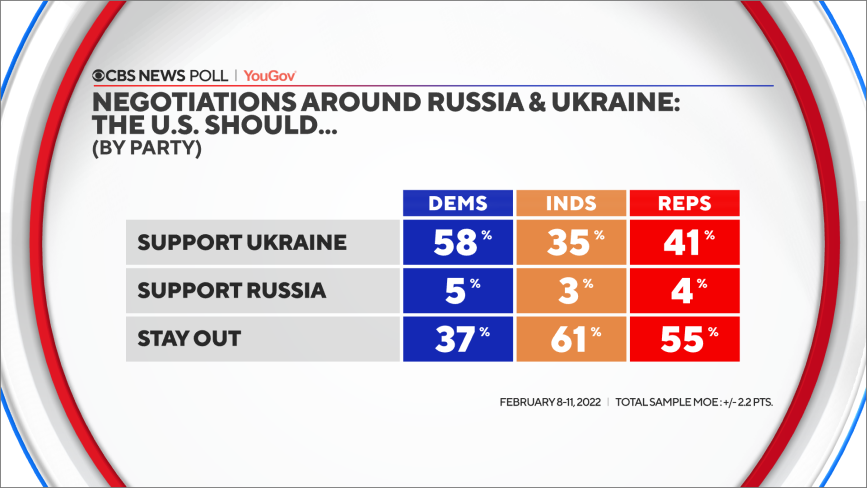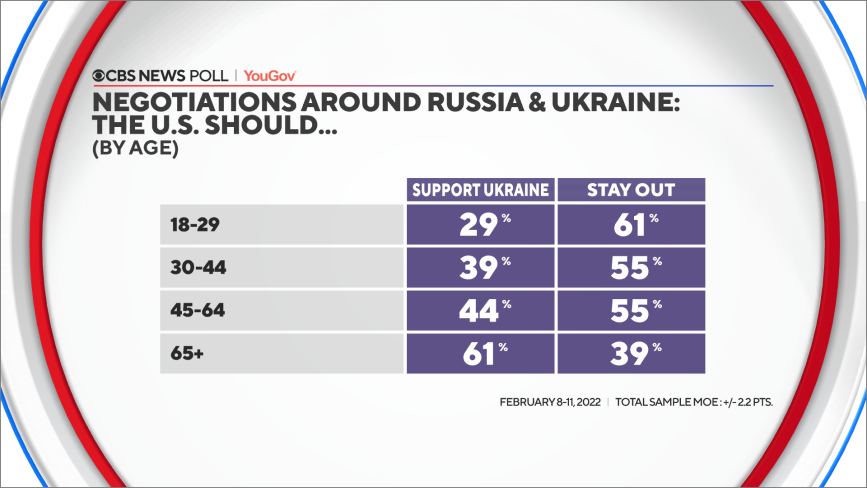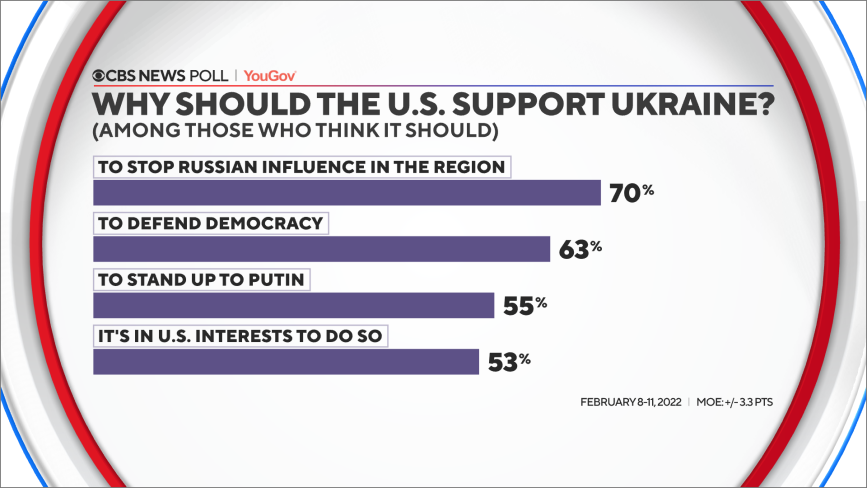THEO VN GOGH NEWS: Between Russia and Ukraine, Americans say either stay out or side with Ukraine – CBS News poll
Meanwhile, President Biden gets mixed marks on his approach toward Russia.
Democrats and a plurality of independents think Mr. Biden’s approach is right. While Republicans would prefer the U.S. stay out of the Russia-Ukraine situation, at the same time, they are critical of Mr. Biden’s approach to Russia, with most Republicans calling it “too friendly,” and a quarter calling it “too hostile.” They overwhelmingly disapprove of how he is handling issues with Russia more broadly.
Beyond partisanship, there are generational differences, too. There is more support for U.S. siding with Ukraine among older Americans, whose views may be shaped by memories of the Cold War. Younger Americans, particularly those under age 30, are inclined to feel the U.S. should stay out of the situation.
Some of this generational divide in views concerning Russia was evident in CBS News polling conducted in June ahead of President Biden’s summit with Russian President Vladimir Putin. In that poll, it was Americans 65 and over who held the most negative views of Russia — eight in 10 calling the country unfriendly or an enemy to the U.S. Americans under 30 were the least likely to describe Russia that way — nearly half of this group said the country was an ally or friendly to the U.S.
There was reluctance on the part of the American public to intervene in 2014, when Russia annexed Crimea. Back then, most Americans did not think the U.S had a responsibility to do something in that situation.
This CBS News/YouGov survey was conducted with a nationally representative sample of 2,578 U.S. adult residents interviewed between February 8-11, 2022. The sample was weighted according to gender, age, race, and education based on the U.S. Census American Community Survey and Current Population Survey, as well as to 2020 presidential vote. The margin of error is ±2.2 points.
